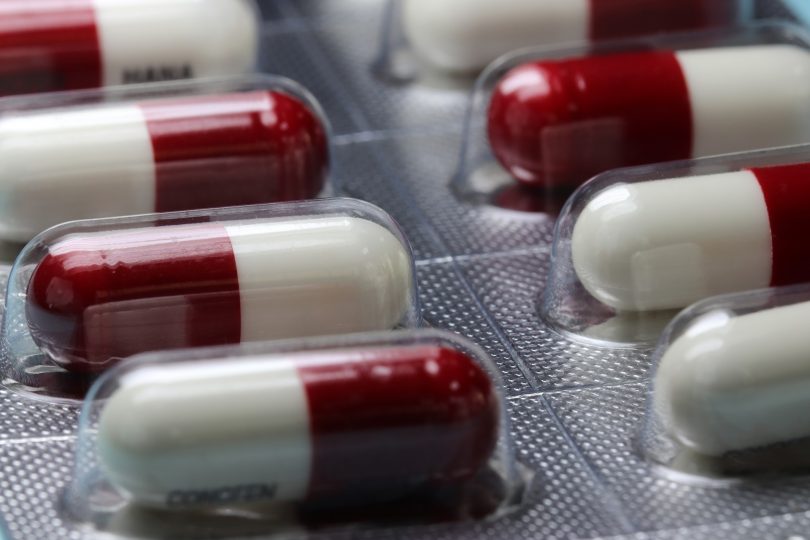The pharmaceutical industry is projected to reach a value of $1.17 trillion by 2021. By the year 2025, the opioids market alone is expected to climb toward $35 billion. Big Pharma gets its moniker honestly.
Cannabidiol (CBD) is expected to boom to $22 billion by 2022. These sales will be driven by independent manufacturers and retailers. The 2018 Farm Bill removed hemp-derived CBD from the DEA’s list of scheduled substances, effectively opening the floodgates.
The potential health benefits of CBD are exciting and widespread. Advocates interpret CBD and Big Pharma as David and Goliath. CBD has shown significant promise for conditions that are typically treated with pharmaceuticals, including pain. The American pharma-driven opioid epidemic means that alternative, non-habit forming pain relievers are truly pressing. If CBD displaces and disrupts Big Pharma as such, the David and Goliath analogy may come to fruition.
There are droves of anecdotal reports suggesting as much. But the truth is complex.
Big Pharma Takes on CBD
Big Pharma has big resources, and they may apply the adage “if you can’t beat ‘em, join ‘em.” They certainly won’t lay down and let an unregulated botanical derail profits.
Big Pharma has a two-pronged strategy when faced with CBD:
- Offensive: patent CBD production methods/formulas and create FDA-approved CBD pharmaceuticals.
- Defensive: lobby for protective regulations against non-pharmaceutical CBD.
The lack of legality (until recently) prevented significant action on the part of Big Pharma since the future of the industry remains uncertain. However, some companies have already acted.
GW Pharmaceuticals created Epidiolex, an FDA-approved pharmaceutical with CBD. Epidiolex is an ultra-strength CBD isolate purposed for treatment-resistant epilepsy. The cost for a single child is $32,500 per year.
GW Pharmaceuticals and Greenwich Biosciences lobbied in South Dakota for SB 95, a bill calling for FDA-approved CBD to be rescheduled while other CBD remained schedule I. The Farm Bill of 2018 legalized hemp-derived CBD at the federal level. But as of 2019, CBD remains illegal in South Dakota – with the exception of Epidiolex.
That may seem inconsequential, but consider that CBD is currently not scheduled. If lawmakers decide to reschedule CBD as a II-V drug, then the FDA, physicians, and pharmaceutical companies gain complete control over production, prescription, and distribution. CBD becomes just one more page in Big Pharma’s thick portfolio.
GW Pharmaceuticals reportedly holds 100 patents related to cannabinoid extraction methods and formulas designed to treat a dozen or more different diseases. Corbus Pharmaceuticals is developing a synthetic CB2 receptor cannabinoid. Cara Therapeutic is developing synthetic selective receptor modulators for neuropathic pain.
Epidiolex and other cannabinoid medications have thus far been scheduled as specific medications (not as CBD). But the landscape of CBD legality is young; CBD is no longer a dietary supplement due to drug approval. Will more FDA-approved drugs inspire full-blown pharmaceutical regulation?
The Double-Edged Sword
The expensive clinical trials required for FDA approval facilitate CBD’s status as a legitimate medicine. This can augment independent CBD sales, especially for individuals without insurance seeking more affordable products. It may even push CBD companies toward quality assurance and testing to match pharmaceutical standards. After all, CBD retail products can be unreliable; up to 70% of those sold online are mislabeled.










